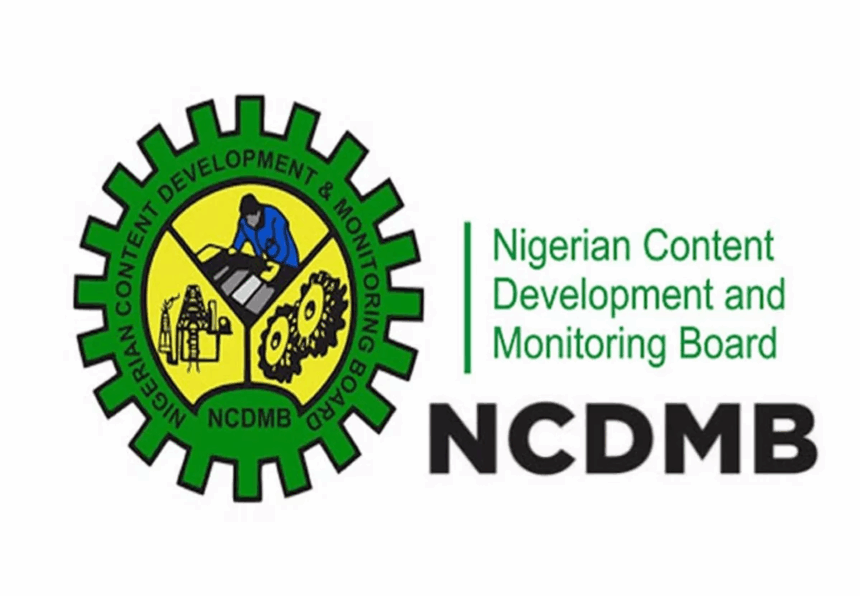-
NCDMB urges African nations to harness oil, gas and renewable wealth
-
Warns against exporting raw resources to developed economies
-
Calls for stronger partnerships to power intra-African trade
The Nigerian Content Development and Monitoring Board (NCDMB) has declared that Africa can only achieve sustainable economic development and close its poverty gap through collaboration, oil and gas wealth, and renewable energy resources.
Executive Secretary, Engr. Felix Omatsola Ogbe, said the continent, which holds more than 10 per cent of global crude oil reserves and eight per cent of proven natural gas resources, must prioritise intra-African trade, industrialisation, and value retention.
ATTENTION: Click “HERE” to join our WhatsApp group and receive News updates directly on your WhatsApp!
He lamented the continued practice of exporting raw resources abroad while minimal trade exists between African nations.
Speaking at the Africa Content Forum during the 2025 Africa Oil Week in Accra, Ghana, Ogbe, represented by the Director of Corporate Services, Dr. Abdulmalik Halilu, insisted that no single country can fully develop its local content capacity without regional cooperation.
He identified strong partnerships among oil and gas producers as vital to building a sustainable energy sector, while stressing the need for policy frameworks that support governance, enforcement, human capital development, and cross-border deployment.
On the imperative of collaboration, Ogbe stated: “Africa’s diverse capabilities are its greatest strength with strong collaboration. Just as a Boeing or Airbus is built with components from different countries, we can build a thriving African energy sector by specialising and trading with one another, where each country specialises in areas where it has a comparative advantage.”
READ ALSO: Ijaw Media Council writes Tinubu, Demands Removal of NCDMB Executive Secretary, Ogbe From Office
He further called for a shift in perception, arguing that local content must be seen not as charity but as a mechanism to keep capital within Africa while building the continent’s technological and industrial strength.
The forum, which featured four panel sessions, drew policymakers, operators, service companies, equipment manufacturers and stakeholders from across Africa and beyond. Sessions examined strategies for content growth, capacity building, cross-border projects, and funding frameworks, with panelists stressing deliberate planning, bold policy action, and stronger knowledge exchange as essential to Africa’s future.

